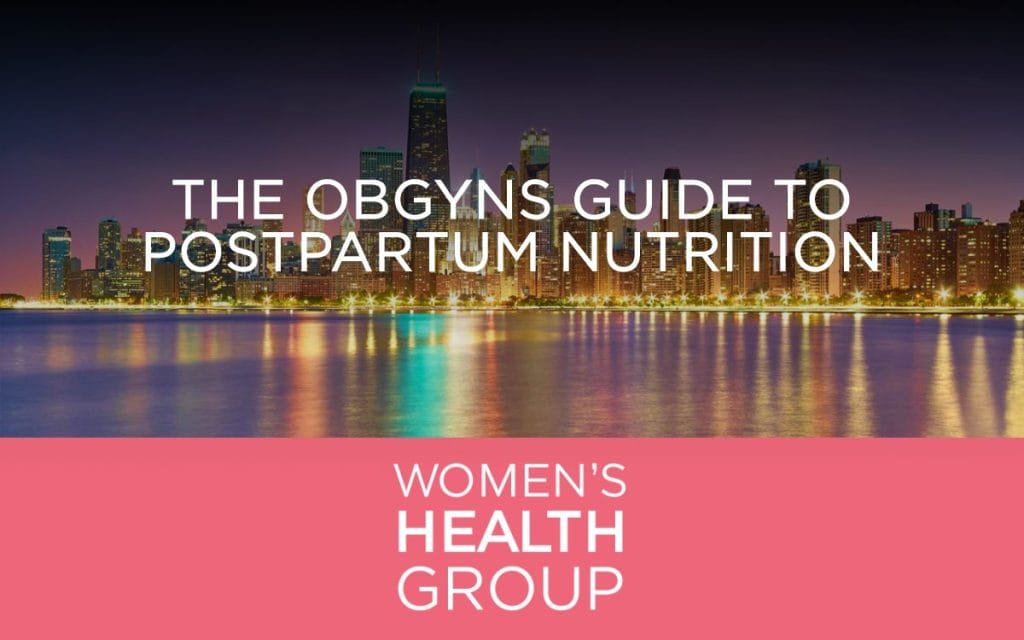Understanding Postpartum Period
Pregnancy is a period of interior decoration where a female body prepares for the development and nurturing of a new life. Following birth, an equivalent recovery time, known as the postpartum period, is essential. This significant transformation period for the mother lasts six to eight weeks post-delivery and requires a healthful diet for optimal recovery and lactation, if breastfeeding.
Why Postpartum Nutrition is Crucial
The demands of childbirth and caring for a newborn require a significant amount of energy. Coupled with sleep deprivation, hormonal changes, and physical recovery, memorable first moments with your newborn can also be mentally and physically exhausting. Fortunately, a well-balanced and nutrient-dense postpartum diet could be the silver bullet in counteracting these demands.
According to Mayo Clinic, proper postpartum nutrition can significantly enhance energy levels, promote healing, keep up with the nutritional demands of breastfeeding, and ward off postnatal depression. It is an integral part of postpartum care that helps new mothers regain their strength and achieve optimal health.
Creating a Balanced Postpartum Diet
Just as during pregnancy, postpartum nutrition should focus on foods that deliver the highest nutritional mark. A balanced diet should ideally include a variety of foods from the five main food groups: fruits, vegetables, lean proteins, low-fat dairy, and whole-grains. Focusing on whole, unprocessed foods as much as possible will yield the maximum nutrient benefits.
Nutrients of Focus for a Postpartum Diet
Here’s a closer look at some nutrients especially necessary during this recovery period.
– Protein: Critical for tissue repair and recovery, include sources like lean meats, poultry, fish, eggs, legumes, and dairy. A minimum of 70-90 grams is recommended daily.
– Fiber: To maintain digestive health and prevent constipation, a common postpartum issue, fiber-rich foods like whole grains, fruits, vegetables, and legumes should be included.
– Calcium: For strong bones and teeth, especially if breastfeeding, ensure the diet includes enough dairy or fortified plant-based drinks, tofu, leafy greens, and fish.
– Vitamins: Like Vitamin C for wound healing and promoting a healthy immune system, Iron to replenish stores post-delivery and B-vitamins to convert food into energy are important.
– Fats: Healthy fats, particularly Omega-3 fatty acids, play a vital role in your baby’s brain development while breastfeeding and also help to balance your moods.
Hydration and Postpartum Nutrition
Hydration is key in postpartum care to replace fluid lost during childbirth, to promote optimal digestion, and aid in milk production if breastfeeding. Drinking plenty of water, as well as nutrient-rich fluids like milk or herbal teas, is recommended.
Mindful Eating and Postpartum Nutrition
The practice of mindful eating, enjoying each bite and listening to your body’s hunger and fullness cues, can be helpful in maintaining a healthful diet during postpartum. It is especially useful to avoid mindless snacking often triggered by heightened stress or fatigue.
Incorporating Exercise into Your Postpartum Plan
As per Women’s Health, gentle exercise should be incorporated as soon as it’s comfortable and your doctor gives the go-ahead. Exercise, along with a balanced diet, can improve mood, reduce anxiety and stress, boost energy levels and promote better sleep – significantly supporting both physical and emotional recovery.
The Importance of a Health Care Provider
Every woman’s recovery journey and nutritional needs after childbirth differ. It is essential to seek personalized advice from your OBGYN, a registered dietitian, or health care provider before making any significant dietary changes.
Remember, your postpartum period is not just about taking care of the baby; it’s an equally important time for your own recovery. A healthy postpartum diet is your best ally, preparing you for the rewarding journey of motherhood. Embrace this period of transformation with nourishing foods, replenishing hydration, gentle movement, and ample rest, and enjoy the magic and messiness that define motherhood.




